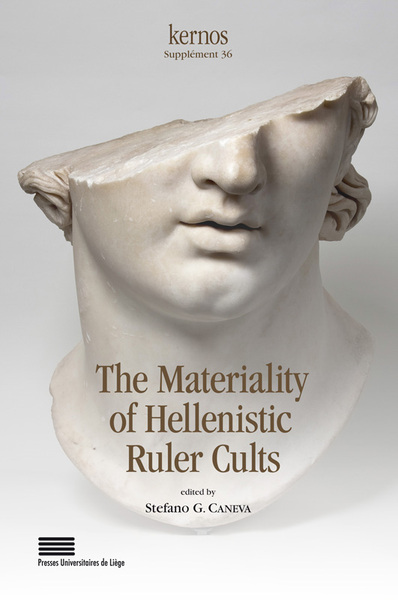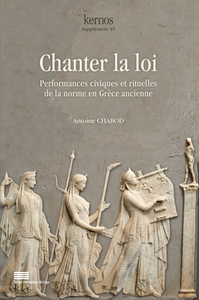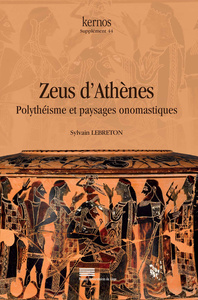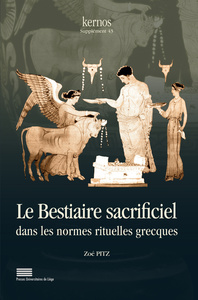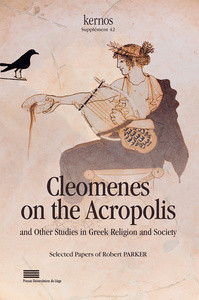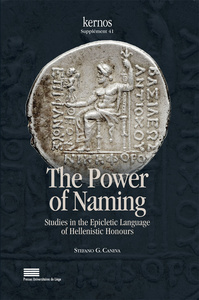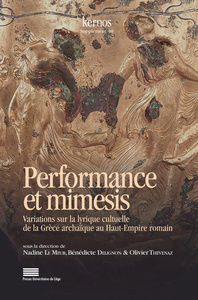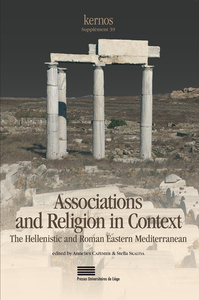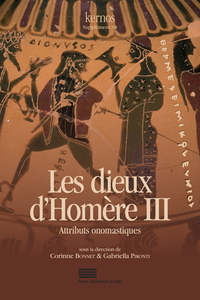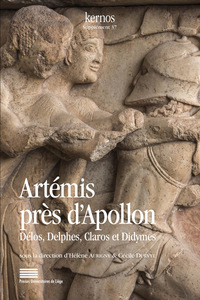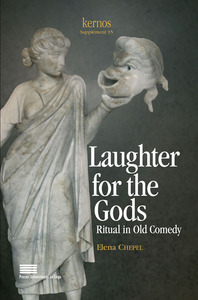Nous utilisons des cookies pour améliorer votre expérience. Pour nous conformer à la nouvelle directive sur la vie privée, nous devons demander votre consentement à l’utilisation de ces cookies. En savoir plus.
The materiality of Hellenistic ruler cults
Pulg - EAN : 9782875622426
Édition papier
EAN : 9782875622426
Paru le : 2 nov. 2020
31,80 €
30,14 €
Epuisé
Pour connaître votre prix et commander, identifiez-vous
Arrêt définitif de commercialisation
Notre engagement qualité
-
 Livraison gratuite
Livraison gratuite
en France sans minimum
de commande -
 Manquants maintenus
Manquants maintenus
en commande
automatiquement -
 Un interlocuteur
Un interlocuteur
unique pour toutes
vos commandes -
 Toutes les licences
Toutes les licences
numériques du marché
au tarif éditeur -
 Assistance téléphonique
Assistance téléphonique
personalisée sur le
numérique -
 Service client
Service client
Du Lundi au vendredi
de 9h à 18h
- EAN13 : 9782875622426
- Collection : KERNOS, SUPPLEM
- Editeur : Pulg
- Date Parution : 2 nov. 2020
- Disponibilite : Ne sera plus distribué par nous
- Barème de remise : NS
- Nombre de pages : 299
- Format : H:240 mm L:160 mm
- Poids : 800gr
- Résumé : Studies in the cultic honours for Hellenistic leaders and benefactors mainly focus on the ideological and diplomatic features of the phenomenon. Conversely, the papers collected in this volume aim to shift the focus to its material and practical aspects: media, ritual action and space, agency, administration and funding. Specialists in Hellenistic history, epigraphy, papyrology, numismatics, and archaeology provide fresh reassessments of a variety of documentary dossiers concerning both institutional and non-institutional agents (cities, kingdoms; individuals, associations), Greek and non-Greek, across the Hellenistic Eastern Mediterranean world. Moreover, this interdisciplinary investigation of the materiality of rituals addressed to human benefactors as to, or together with, traditional gods allows us to go beyond a commonly accepted yet methodologically arbitrary separation between cultic honours for deities and for human beings. The latter are often still considered as an isolated and paradoxical feature of ancient Greek polytheism, and as a deviation from ‘traditional’ religion, i.e., the cults for gods and heroes as they were already practised in the archaic and classical polis. Rather, the case studies dealt with in this book contribute to shedding new light on the way ancient people could exploit the ritual and administrative toolkit of their religious system in order to satisfy new needs. In other words, one may state that cultic honours for political leaders do not provide an exception to the way Greek polytheism functioned, but are fully embedded within it, and substantially contributed to its development in the Hellenistic age.

